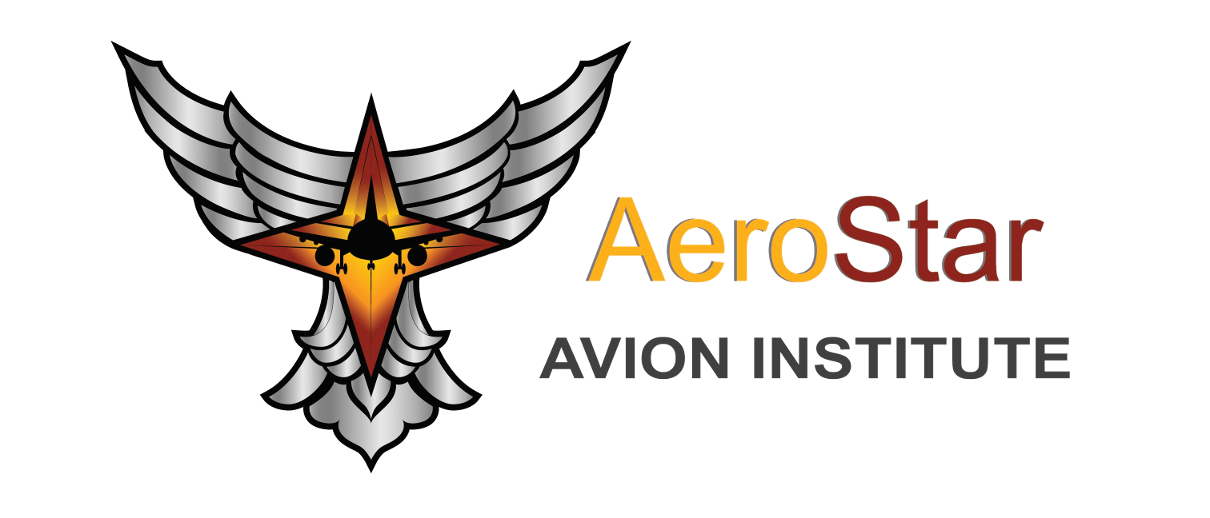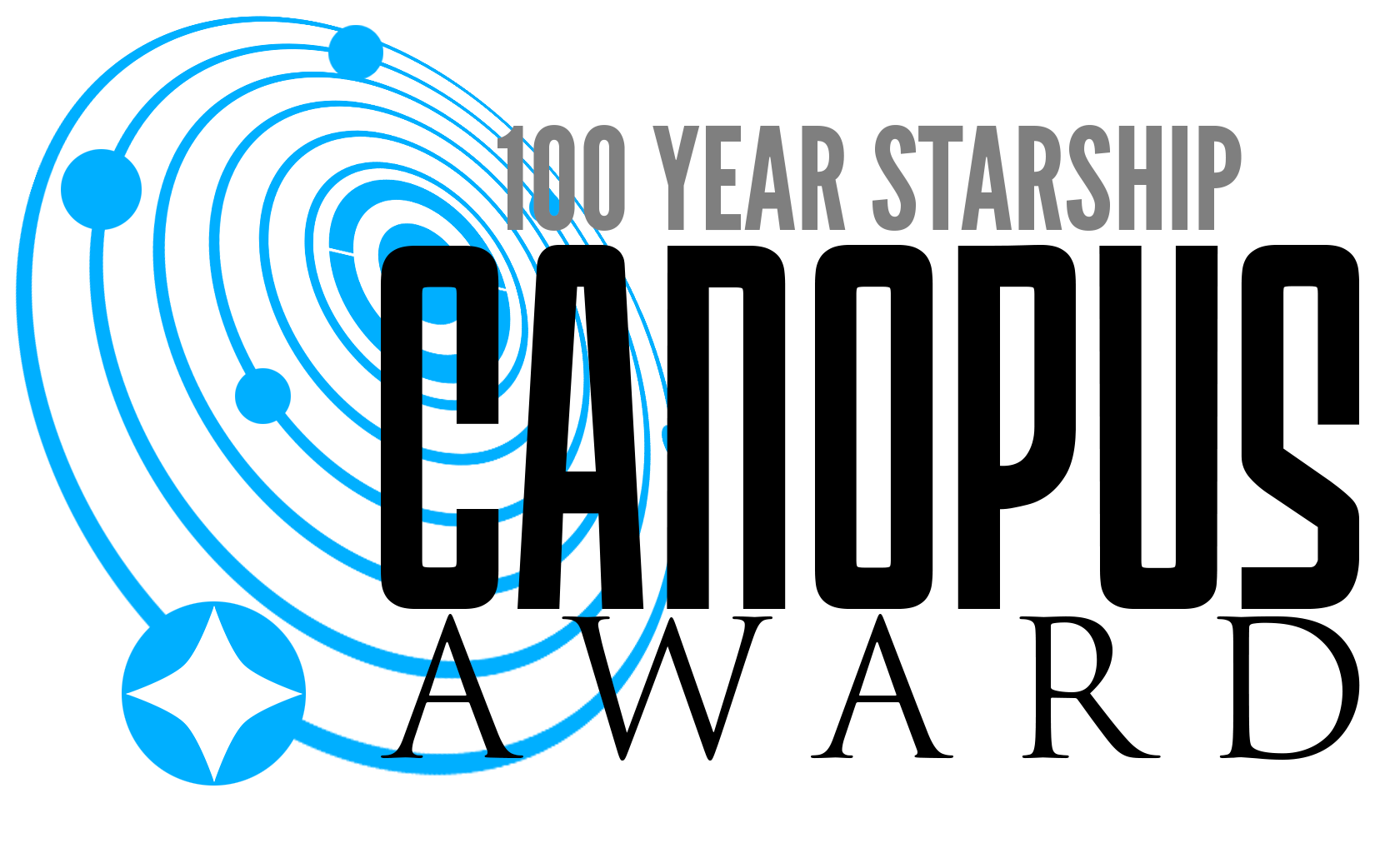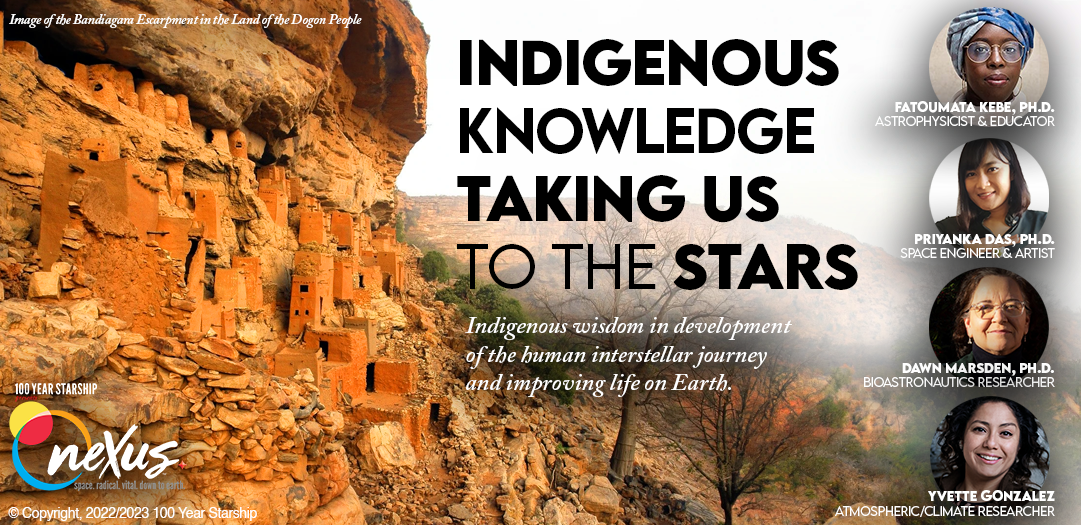
With its challenge “When SPACE, PURPOSE & CULTURE Collide its bold declaration, “Space. Radical. Vital. Down to Earth.,” the Nexus Nairobi 2023 welcomes the inclusion of the full range of human experience and perspectives. We are honored to host the Indigenous Knowledge: Taking Us to the Stars plenary.
This plenary session, highlights a broad and meaningful range of initiatives demonstrating how Indigenous Knowledge across the planet is contributing to space progress and evolution. Internationally recognized panelists offer insights to ongoing efforts, community around these pathways, access to alternative research approaches, and participants a chance to network by meaningfully incorporating Indigenous culture. From First Nation proposed principles for long duration space travel, to the India-rooted cross section of space art and engineering, to Native American support to build resiliency strategies mitigating how atmospheric challenges affect living on varying planetary bodies, to modern methods rooted in ancient observations of the stars, to envisioning a future societal structure that can influence interstellar policies – this plenary will offer a dialogue rich in heritage and interconnected ideas. We aim to foster an environment in which these Indigenous capabilities and perspectives might shape human interstellar travel in the next 100 years. And how they are also working to improve life here on Earth.
_____________________________
Confirmed Panelists
Dr. Dawn Marsden
Anishinaabe | French | Member of the Mississaugas of Scugog Island First Nation (Ontario)
Dr. Dawn Marsden, PhD, is a scholar and bioastronautics researcher who has made presentations at an Earth Systems Governance Conference, at a meeting of the Planetesimals at Lancaster University, and at the First Nation University of Canada focused on Indigenous principles for harmonious long duration exploration. She has training and experience in education, environmental health, anthropology, environmental studies, counselling, nutritional therapy, and applied astronautics. Obtaining Scientist-Astronaut candidacy and astronautics studies with the International Institute of Astronautical Sciences led her to the realization that space science is grappling with the most important issues of our time: how to live with each other more harmoniously over long durations and how to provide the supports of life within our local environments more sustainably, with zero waste. In response to a call for presentations by the 100 Year Starship team, Dr. Marsden began adapting Indigenous principles and practices to a hypothetical intergenerational starship journey. In her book, Starship Citizens: Indigenous Principles for 100 Year Interstellar Voyages, she examines how Indigenous principles can sustain not only the basic needs of space travelers and settlements for equitable distribution of food, air, water, and other resources, but also provide the philosophical, ethical, and social processes that would be needed to underpin the mental health and well-being of future voyagers. She is a single mother of two young adults and is now a settler in Coast Salish territory (British Columbia).
Dr. Priyanka Das
Assamese Heritage
Dr. Priyanka Das Rajkakati is an Indian-born, French space engineer and artist, interested in the intersection of art, technology and space. From winning the school “all-rounder” award to being the on Forbes India 30 Under 30 list a decade later, Priyanka Das Rajkakati has a story to share: the pursuit of a childhood dream, on mixing three passions in one lifetime – science, art and space. Hailing ethnically from the northeast Indian state of Assam, she has travelled extensively to explore how traditional cultures and art can contribute towards sustainable space exploration. She earned her bachelor in physics from St Stephen’s, Delhi, and then studied engineering at Ecole Polytechnique in Paris, completing her studies with a PhD in GNSS technology from ISAE-Supaero. She is independently researching the socio-economic dimensions of large-scale floods and space-based mitigation techniques in Assam, her home and Indigenous community. Highlighting how space technologies can both support local Indigenous solutions and how Indigenous communities can come together to shape space innovation and progress. She is actively involved in STEAM outreach through various channels such as Space Generation Advisory Council and Homeward bound ((Antarctica environmental stewardship and leadership development programme for women in science.), she was featured as one of Forbes India 30 Under 30 and a Karman Fellow. She even has artwork on board the ISS as part of the Moon Gallery project! She is returning to her home often in hopes of inspiring other young women and men to pursue space-related careers. Through podcasts, in-person events, and webinars, she engages these Indigenous emerging leaders, so they see that their lived experiences have much to offer the industry and space exploration at large. She brings in art into world of outer space and includes sustainability in her paintings.
Yvette Gonzalez
Aztec | Mexica Heritage
Yvette Gonzalez is a space suit technician, space industry strategist, humanitarian, and Atmospheric | Climate researcher. She spent over two decades responding to and rebuilding communities in active war, conflict, natural disasters, and epidemiological outbreaks is where she cultivated her human resilience expertise – especially in rural and Indigenous communities. Observing the behaviors and coping mechanisms of families as they overcame adverse and often traumatizing events offered a library of insights for how humans are able to survive with scarce resources, in small and crowded shelters, and maintain their dignity as they recover and build their lives anew. When she crossed over to the space industry, she asked herself, how can I apply my human resilience and international development experience to space? She does that as a consultant focusing on space technologies that are solving some of Earth’s challenges and offering strategic guidance to host governments on building space organizations, agencies, and human spaceflight programs. She continues to train commercial Scientist-Astronaut candidates on safely testing, evaluating, and thriving in the space suit environment. She founded Native Sky Inc., a nonprofit providing access to space science & STEM for Indigenous youth and communities. The team is comprised of 100% Indigenous women. They count amongst them a geneticist, an anthropologist, and an Afro Indigenous coder, and together they bring a multitude of fascinating pathways to space and STEM. Their first funded research supports their Sky Indicators x Climate research project focused on monitoring upper atmospheric phenomena and how it might be one indicator of climate change. Her personal research focuses on how we can bridge traditional and ecological Indigenous knowledge to the space industry. Her work with the international Meta-Futurism Lab invites collaboration with students worldwide on science fiction storytelling that envisions an interstellar future. In 2021 she was invited and inducted into the Explorers Club as one of 16 women paving an exploration path in the new millennium to honor the original 16 women who joined the club in 1981. That same year she received the ‘Humanitarian of the Year’ award from the STEM Success Summit, an organization supporting black, Indigenous, people of color in STEM. In 2022 she was honored as one of 60 women by the World Woman Hour who are building a network of women actively providing opportunities and opening doors young girls around the world while contributing to the Sustainable Development Goals. Yvette is a trained opera singer, blackout poet, avid explorer, and enjoys capturing photos of the night sky.

COUNTDOWN TO NEXUS 2023
Day(s)
:
Hour(s)
:
Minute(s)
:
Second(s)
We exist to make the capability of human travel beyond our solar system a reality within the next 100 years. We unreservedly dedicate ourselves to identifying and pushing the radical leaps in knowledge and technology needed to achieve interstellar flight, while pioneering and transforming breakthrough applications that enhance the quality of life for all on Earth.
We actively seek to include the broadest swath of people and human experience in understanding, shaping, and implementing this global aspiration.
Taking up this task ignites not only our imagination, but the undeniable human need to push ourselves to accomplishments greater than any single individual.
